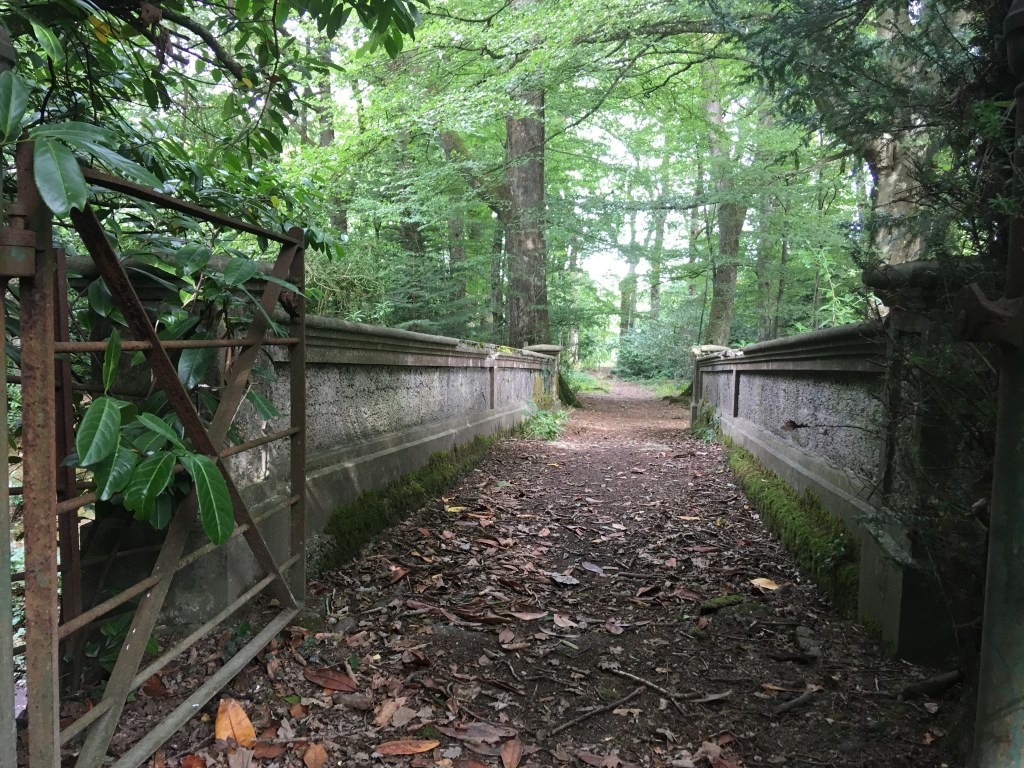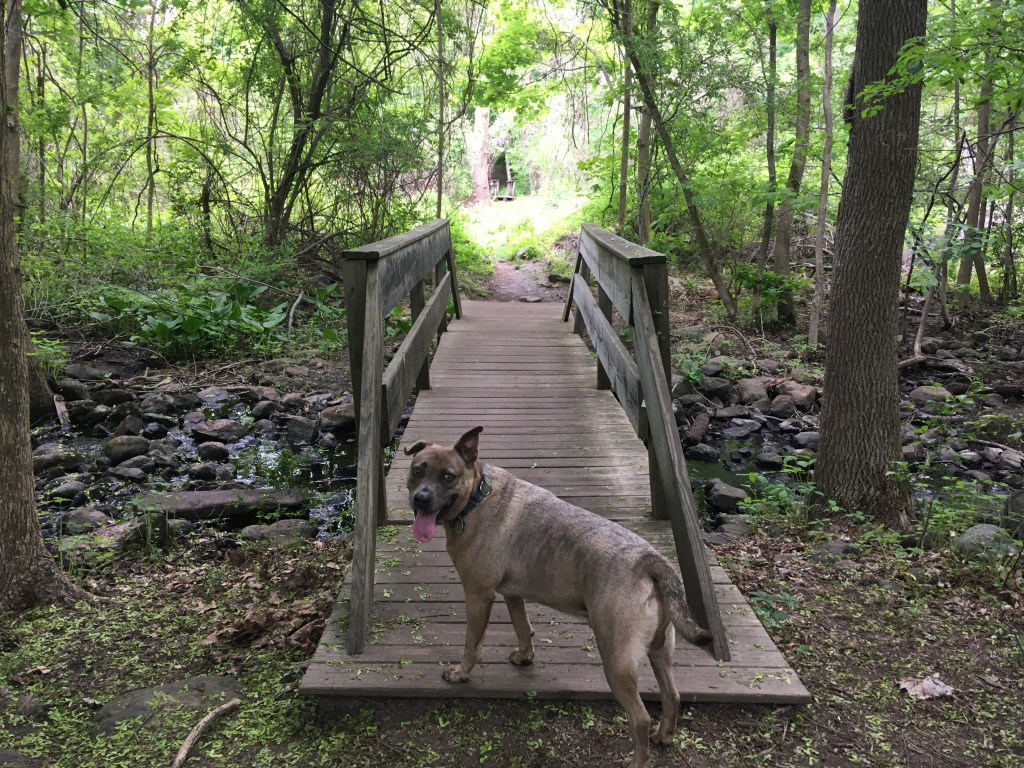
How did I get here?
My father died, and I sat and watched. It had been a long time coming. Years. And I had done most of my grieving already, crying in my car, driving home from hospitals. Lots of hospitals. So I sat and watched, feeling blank, feeling not up to the task, trying to fit 80 years of his life into my head all at once, to step back and see what it meant.
He didn’t wait for me to figure it out. He died and left me there thinking.
How did I get here?
My brother died in a one room apartment behind Jimmy’s Steakhouse on Mass Ave. It was 8 months after my dad had checked out. I didn’t think I could do it again, sit there and see the life leave another person I loved. It’s exhausting, an open-ended dance between boredom and emotional trauma, like walking on egg shells through hours of sleep deprivation.
I tried to understand why this happening.
How did I get here?
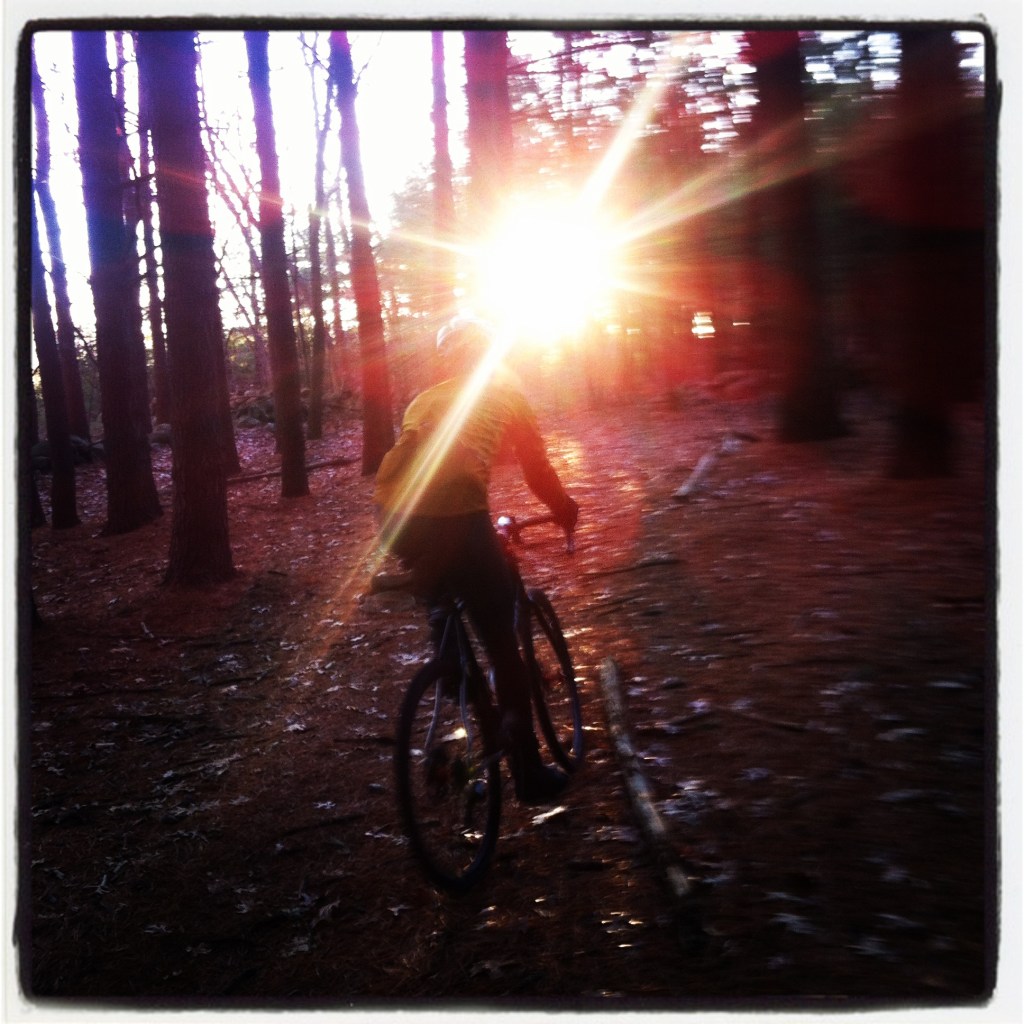
I think we all have the experience of knowing we’re us, but wondering why. Why is it this head that I carry around that seems to house my consciousness? Why is it these eyes I see through and not some others?
Watching your loved ones die tests these ideas. It strains your consciousness. It births the phrase, “I can’t believe my eyes.”
When my dad was working out the final turns in his personal maze, preparing to exit life’s constant stream of choices and consequences, I tried to make sense of it. “This is my life,” I thought, “and that must mean something.”
As he left his behind, I thought the lesson was that I’d better get busy living mine.
It’s easy to engage the autopilot. We do it without noticing. Things seem fine. Time is passing. Difficulties are few. But then something happens. Your dad dies. You reevaluate.
How did I get here?
Am I making the best decisions? Am I being brave? Am I killing time, rather than living a life?
For years, I was afraid my father would die. I knew it would happen. Sure, I feared him being gone, although in the last few years, there wasn’t much of him left. But mainly, I think, I feared the event. Did I know it would be some sort of reckoning? What was I afraid of?
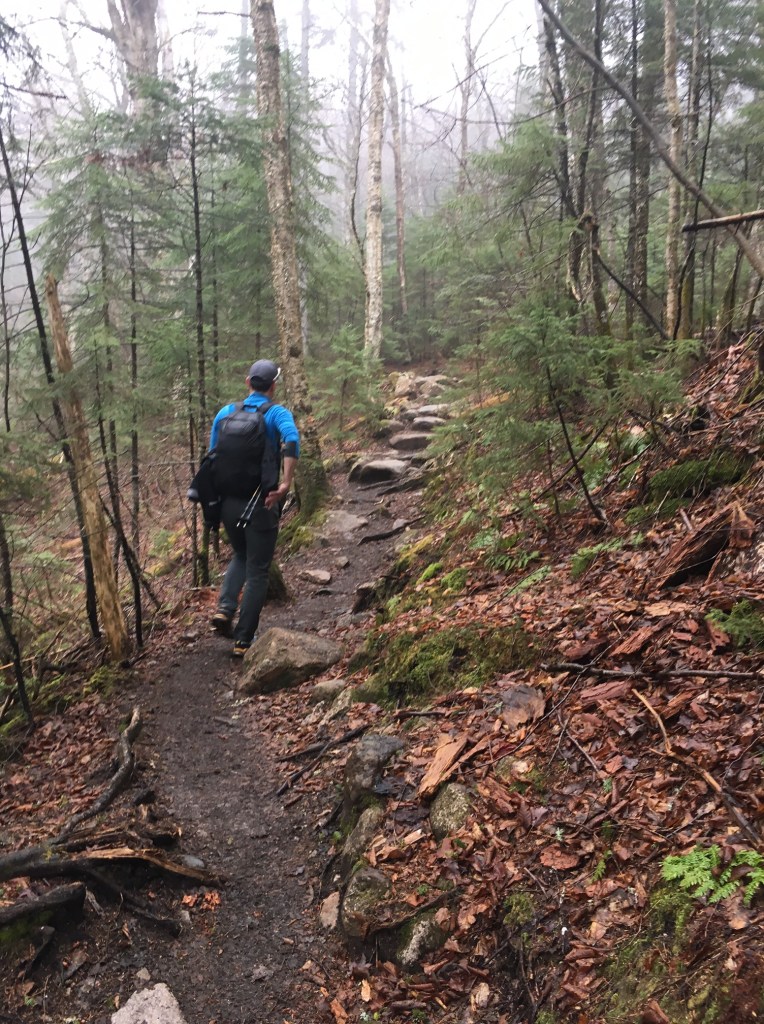
I’m as self-centered as you are, probably worse. When the end came, my dad did all the real work. I just sat by. I walked him home, as the Buddhists sometimes say. I thought about myself a lot.
In the days and weeks that followed, I resolved to live more actively. I resolved to face more of my fears. I promised myself I’d explore ideas and projects that I thought might fail. It’s trite to say, but maybe the only failure is not trying.
Then I was awash in life again. Back to work. Back with my wife and kids. Back in the inertial flow. I craved the comfort of it, the lack of intensity. Resolutions lingered in my mind, but the volume was lowered. The desperation ebbed away.
But then my brother got sick, and he died too. If my father’s passing had been linear, birth, love, kids, career, retirement, death, my brother’s end was catastrophe and chaos. It made less sense. To be fair, my brother never made much sense, but that didn’t matter really. The outcome was the same.
It was sunny and cool the day the hearse came to get his body. Sadness sat heavy and wet at the back of my throat. Every step felt insufficient to the moment. But what can you do? Only the next thing.
I am fortunate that I didn’t have any unfinished business with the men I’d grown up with. They knew I loved them, and I knew they loved me. There was a crystalline moment with my brother as I was driving him home from the hospital to what would become a death watch at his apartment. He was three feet thick with pain meds, his eyes wallowing, and I wasn’t entirely clear that he knew this was the beginning of the end.
He turned to me, out of the blue, and said, “Are we good, John? Are we square?” And I laughed. We could never be square. There is no square. But we were good. We were just fine, and anyway, he was quickly onto an explication of the merits of the more exotic flavors of soda you find at a bodega versus a conventional convenience store.
I knew he didn’t have a long way to go, but I felt happy, and I smiled all the way to his little cave of an apartment, the shitty motorized recliner he loved to sleep in. The same chair my dad sat in for his final years, the one he had the three violent seizures in before his own deathwatch.
How did I get there?
Obviously, it was a heavy and difficult time. I’m not trying to bum you out. These are the things that happened. This is what it looked and sounded like. This is how it felt.
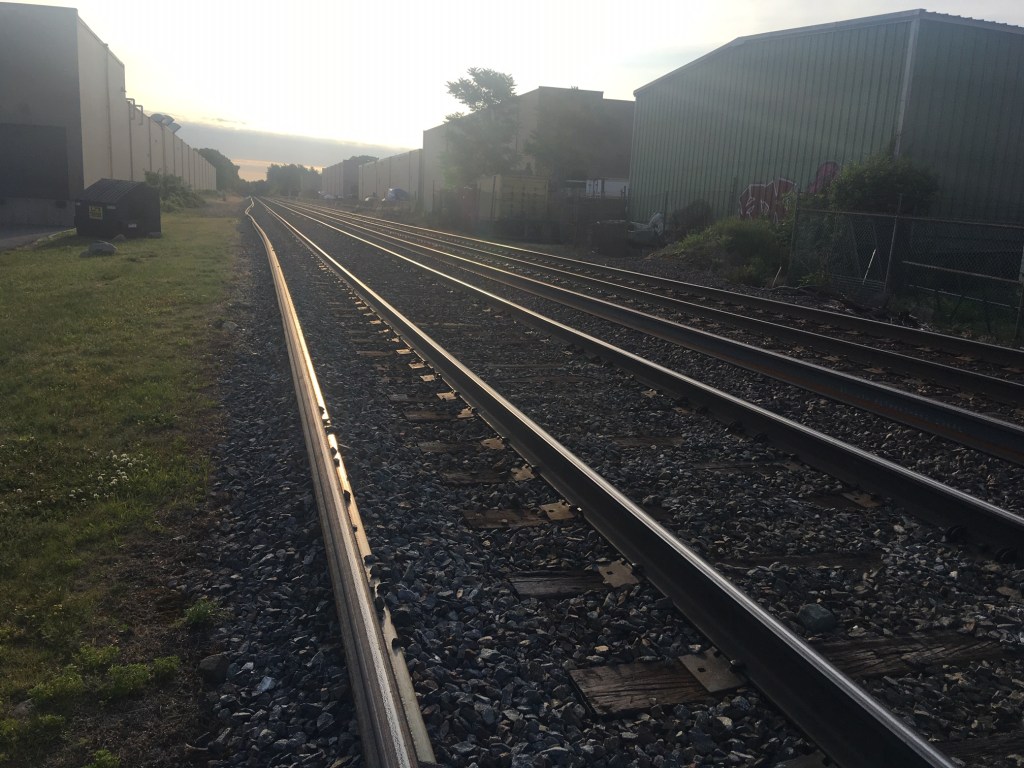
Even without a lot of heavy baggage to carry, the past overwhelms you in moments like that. The human mind, programmed to identify patterns, combs back through the data, the papaya soda and crappy tan recliner, for meaning, for guidance, for something to make every plodding step worthwhile.
If you don’t come up with an answer, I think that’s ok. If you don’t know what to do next, I think that’s ok, too. Because the next thing will happen, and you will come to your senses. Maybe what’s happened will inform your decisions, the way you navigate the paths of your own finite existence.
If you look, you’ll find obstacles. Death, as it turns out, involves a lot of paperwork. There are rituals, too. There are platitudes to express and condolences to receive. I don’t even know what a condolence is, really.
I think, when you filter all that out, what you’re left with is simple forward motion, inertial or not. The only way is forward. The only draft is rough. And that is tremendously freeing in a way.
If death is the simple, certain failure of life, then maybe death begins with failing to move forward.
